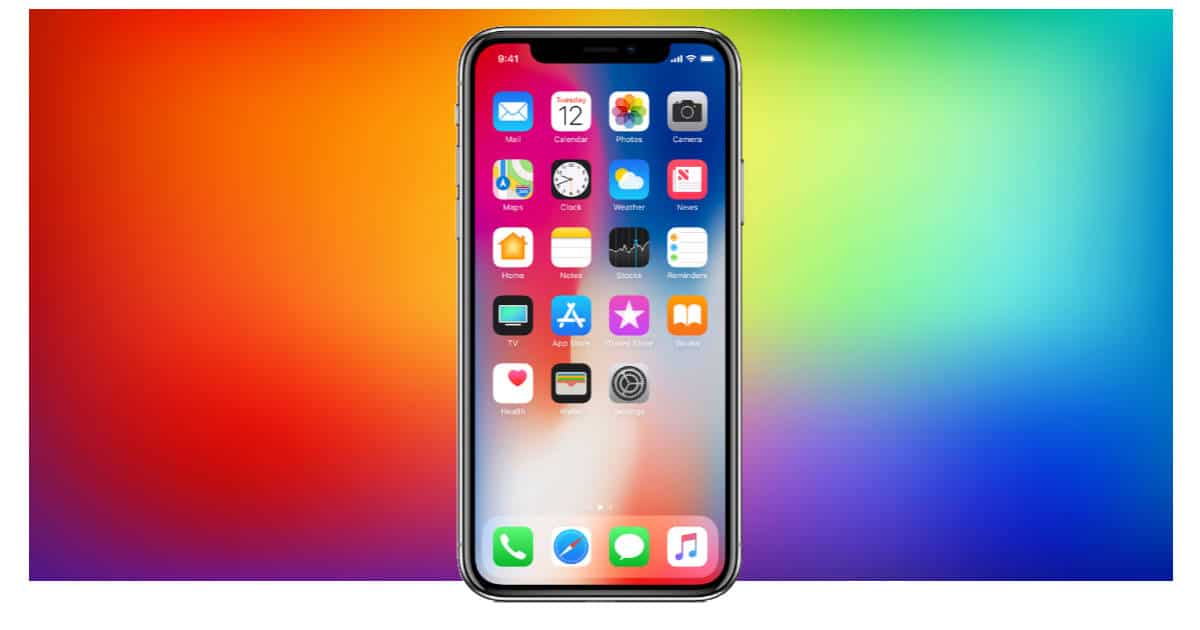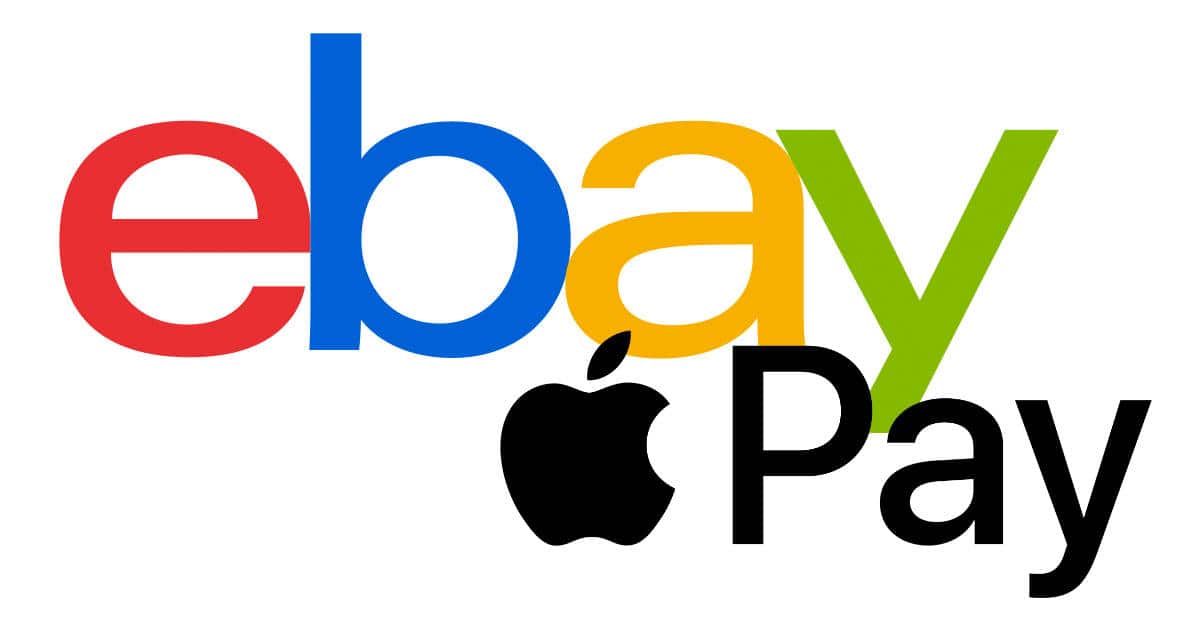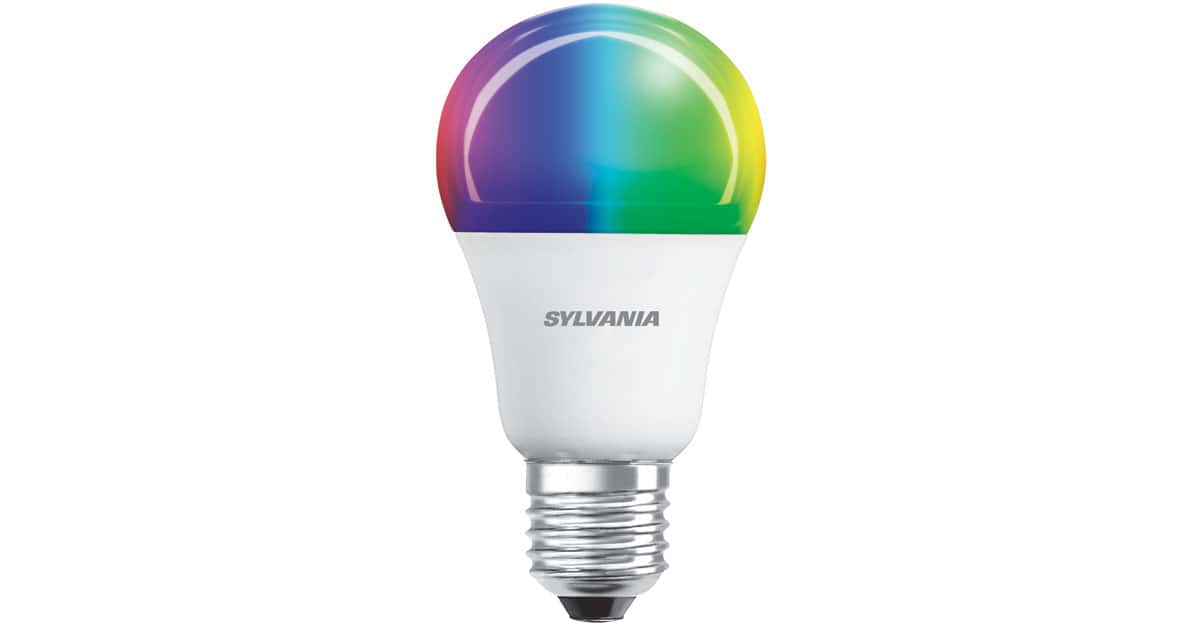u/beyondthetech recently posted in the Apple subreddit about ways to improve the Phone app. I think it’s an interesting list, and it could improve the iPhone experience.
I certainly believe that these changes are not too difficult to implement, and I’ve been asking Apple for years to make this happen. Maybe CallKit and Do Not Disturb were their first implementations to my request, but honestly, they’re still both very basic and very naive. With everything else in iOS getting more robust and more smart, Apple needs to really take a fresh look at this area and address it much better this time around in time for iOS 12’s release, or at least in a 12.1 release, if they are already time-constrained.



















